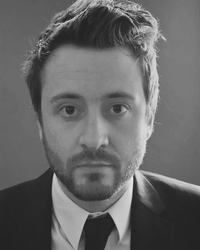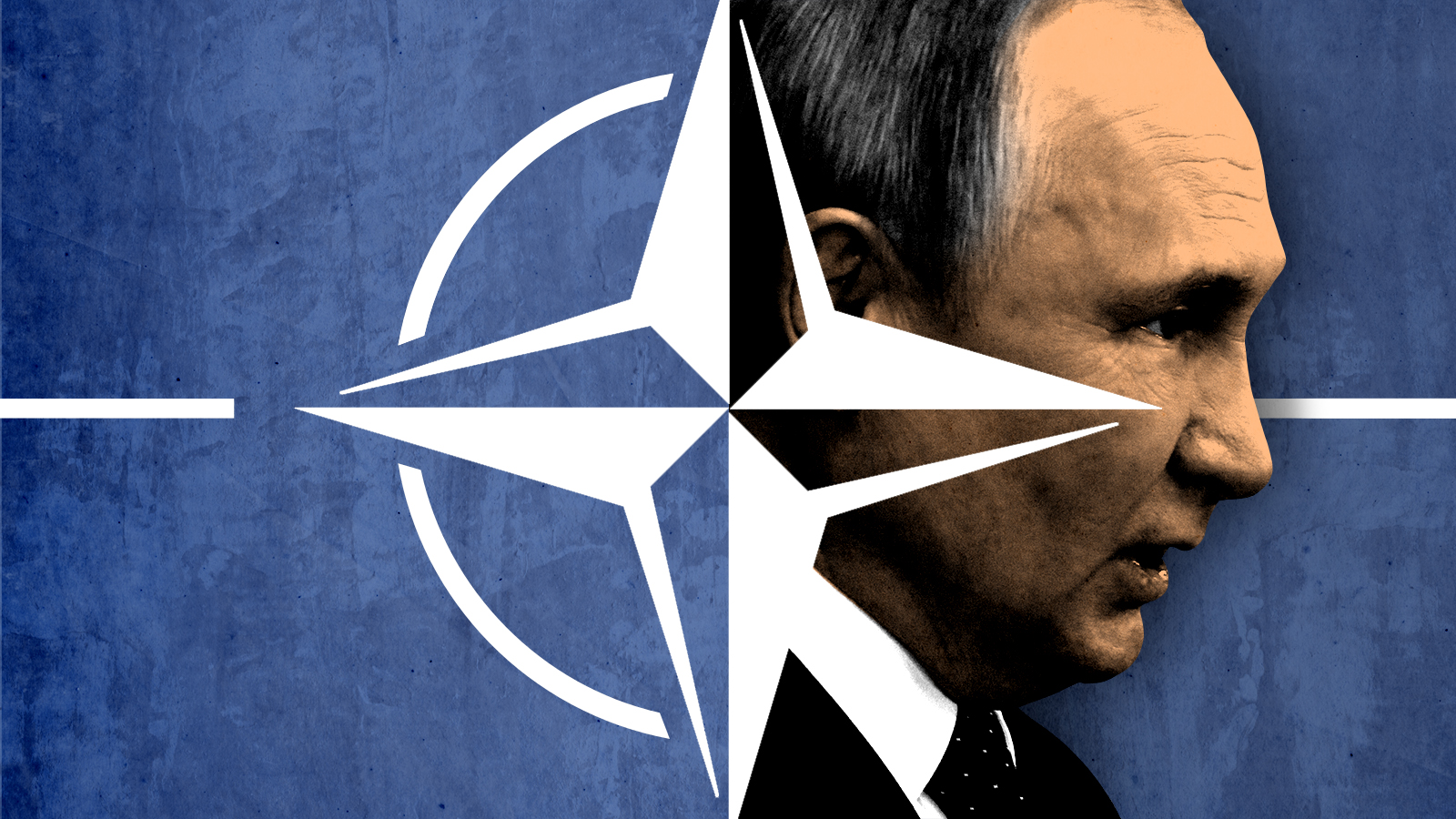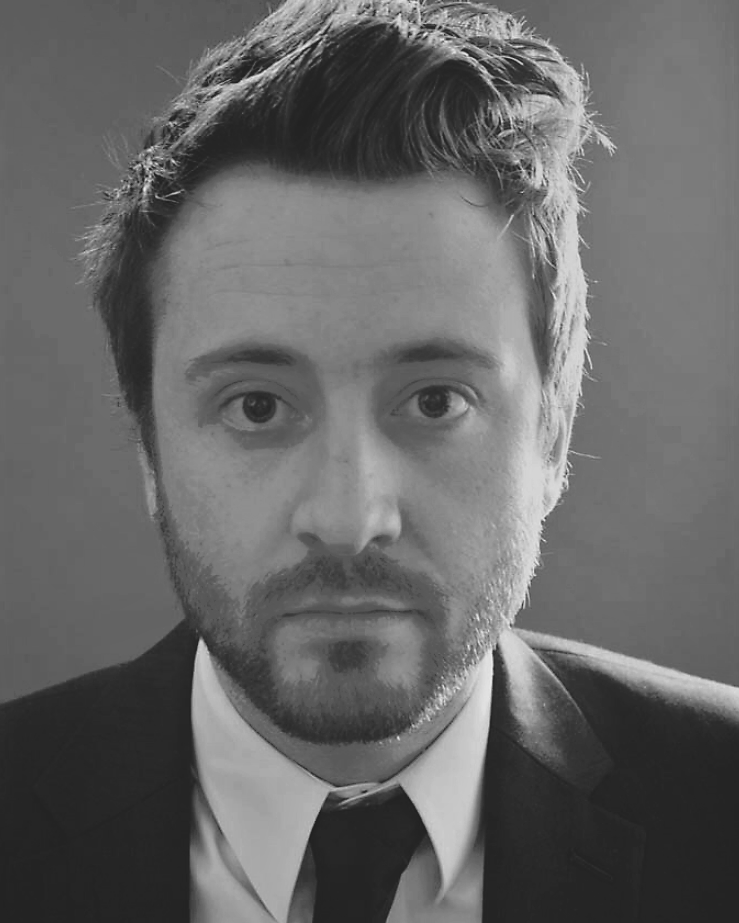Shut NATO's door to Ukraine — permanently
The Western alliance bears some of the blame for the war


A free daily email with the biggest news stories of the day – and the best features from TheWeek.com
You are now subscribed
Your newsletter sign-up was successful
Russia's war of aggression against Ukraine has sparked a heated debate about NATO that boiled over into the Senate last week. Some argue that NATO's eastward expansion precipitated the conflict by threatening Russian security. Others retort that because the alliance is purely defensive, the only "threat" it posed was to Russian President Vladimir Putin's irredentist aspirations.
The latter argument is flawed. Whether or not NATO threatened Russia, Putin believed it did, and this belief informed his decision to invade. Moreover, Putin's concerns were predictable, and the war might have been averted had Washington taken them seriously.
In the run-up to the invasion, the White House refused to discuss NATO expansion with Moscow. Senior official Derek Chollet defended the refusal. "NATO is a defensive alliance. NATO is not a threat to Russia," he said – implying the issue was none of Russia's business.
The Week
Escape your echo chamber. Get the facts behind the news, plus analysis from multiple perspectives.

Sign up for The Week's Free Newsletters
From our morning news briefing to a weekly Good News Newsletter, get the best of The Week delivered directly to your inbox.
From our morning news briefing to a weekly Good News Newsletter, get the best of The Week delivered directly to your inbox.
Making the same point, Ivo Daalder, former U.S. ambassador to NATO from 2009-2013, said the organization "is a defensive alliance, not just in theory; it is, in fact, in practice, a defensive alliance."
But years before, in 1999, Daalder authored a report reflecting on "NATO's evolution from a collective defense alliance to an organization primarily concerned with managing crises." He pondered the use-of-force conditions for this new, evolved NATO: "The traditional criterion – self-defense against armed attack on any member's home territory…is too narrow."
Daalder observed that NATO had used military force in Bosnia and Kosovo "even though the Article 5 collective defense commitment was not directly at stake." He said there was "no doubt" the alliance could initiate force and concluded that NATO should emphasize "its willingness in principle to engage in the full spectrum of possible military missions." A few weeks later, NATO began bombing Serbia to punish human rights violations.
In 2011, NATO again used military force outside the purview of Article 5, this time against Libya. The NATO-enforced no-fly zone enjoyed U.N. backing, but morphed into a regime change operation. "The people of Libya have gotten rid of a dictator," then-Vice President Biden proclaimed hours after Moammar Gadhafi, the Libyan leader, was killed. "NATO got it right…This is more the prescription for how to deal with the world as we go forward."
A free daily email with the biggest news stories of the day – and the best features from TheWeek.com
Even if NATO were a "defensive alliance," Ukraine's accession would have implicated Russian security. Before the invasion, Putin clarified why he thought Ukraine in NATO would pose an imminent threat: Since the West does not recognize Russia's annexation of Crimea, he reasoned, any conflict there might be seen as a Russian attack on Ukraine, triggering Article 5.
These were not the rantings of a "mad man." In 2008, Ambassador to Russia and current CIA Director William Burns reported that "Ukrainian entry into NATO is the brightest of all redlines for the Russian elite (not just Putin)." In two and a half years of talking to hardliners, liberals, and everyone in between, Burns was unable "to find anyone who views Ukraine in NATO as anything other than a direct challenge to Russian interests."
Back in Washington, intelligence analyst Fiona Hill advised President George W. Bush not to invite Ukraine into NATO. "So, you're telling me you're opposed to freedom and democracy," Vice President Dick Cheney snapped.
Bush sided with Cheney. At the Bucharest NATO Summit in 2008, Bush pressured reluctant European leaders to welcome Ukraine into the Membership Action Plan (MAP) — the program that prepares nations for membership. NATO didn't go that far, but did declare that Ukraine would one day join the alliance. Afterwards Putin warned, not for the first time, that Moscow would view Ukraine in NATO as a "direct threat."
Unable to turn Ukraine into a NATO member, the U.S. turned it into a NATO outpost, delivering billions in military assistance, conducting joint military exercises, running clandestine paramilitary training programs, swapping intelligence, and even participating in cyber operations against the Russian government. The U.S. created the worst of all possible worlds for Ukraine – a provocative NATO proxy on Russia's doorstep, but without NATO's security umbrella.
Putin is culpable for his criminal attack on Ukraine. But the prospect of Ukraine in NATO heightened Moscow's threat perception and made a geopolitical explosion more likely. That the U.S. refused to discuss the issue with Russia is especially mystifying given that Western leaders privately told Kyiv "you're not going to be a NATO member." A more rational diplomatic strategy would have been to advertise that NATO won't bring Ukraine into the MAP unless and until Russia attacked.
We'll never know whether serious diplomacy could have averted the war, but it may yet resolve the crisis. The Biden administration should work with European allies to broker a settlement that makes Ukraine a neutral state. Formal neutrality is far better than being a battleground of great powers — and cuts both ways. If Russia withdraws all military forces and stops interfering with its smaller neighbor, NATO's door should stay closed to Ukraine.
Andrew Day is a Foreign Policy Researcher for the Nonzero Foundation. He has a PhD in political science from Northwestern University and currently lives in Prague.
-
 The Olympic timekeepers keeping the Games on track
The Olympic timekeepers keeping the Games on trackUnder the Radar Swiss watchmaking giant Omega has been at the finish line of every Olympic Games for nearly 100 years
-
 Will increasing tensions with Iran boil over into war?
Will increasing tensions with Iran boil over into war?Today’s Big Question President Donald Trump has recently been threatening the country
-
 Corruption: The spy sheikh and the president
Corruption: The spy sheikh and the presidentFeature Trump is at the center of another scandal
-
 Munich Security Conference: a showdown between Europe and Trump?
Munich Security Conference: a showdown between Europe and Trump?Today’s Big Question Report suggests European leaders believe they can no longer rely on the US for military support – but decoupling is easier said than done
-
 What is ‘Arctic Sentry’ and will it deter Russia and China?
What is ‘Arctic Sentry’ and will it deter Russia and China?Today’s Big Question Nato considers joint operation and intelligence sharing in Arctic region, in face of Trump’s threats to seize Greenland for ‘protection’
-
 What would a UK deployment to Ukraine look like?
What would a UK deployment to Ukraine look like?Today's Big Question Security agreement commits British and French forces in event of ceasefire
-
 Would Europe defend Greenland from US aggression?
Would Europe defend Greenland from US aggression?Today’s Big Question ‘Mildness’ of EU pushback against Trump provocation ‘illustrates the bind Europe finds itself in’
-
 Did Trump just end the US-Europe alliance?
Did Trump just end the US-Europe alliance?Today's Big Question New US national security policy drops ‘grenade’ on Europe and should serve as ‘the mother of all wake-up calls’
-
 Is conscription the answer to Europe’s security woes?
Is conscription the answer to Europe’s security woes?Today's Big Question How best to boost troop numbers to deal with Russian threat is ‘prompting fierce and soul-searching debates’
-
 Trump peace deal: an offer Zelenskyy can’t refuse?
Trump peace deal: an offer Zelenskyy can’t refuse?Today’s Big Question ‘Unpalatable’ US plan may strengthen embattled Ukrainian president at home
-
 Vladimir Putin’s ‘nuclear tsunami’ missile
Vladimir Putin’s ‘nuclear tsunami’ missileThe Explainer Russian president has boasted that there is no way to intercept the new weapon
